
Learn about the BC lawyers' associations in Canada, their role in supporting legal professionals, membership benefits, continuing education, and advocacy efforts
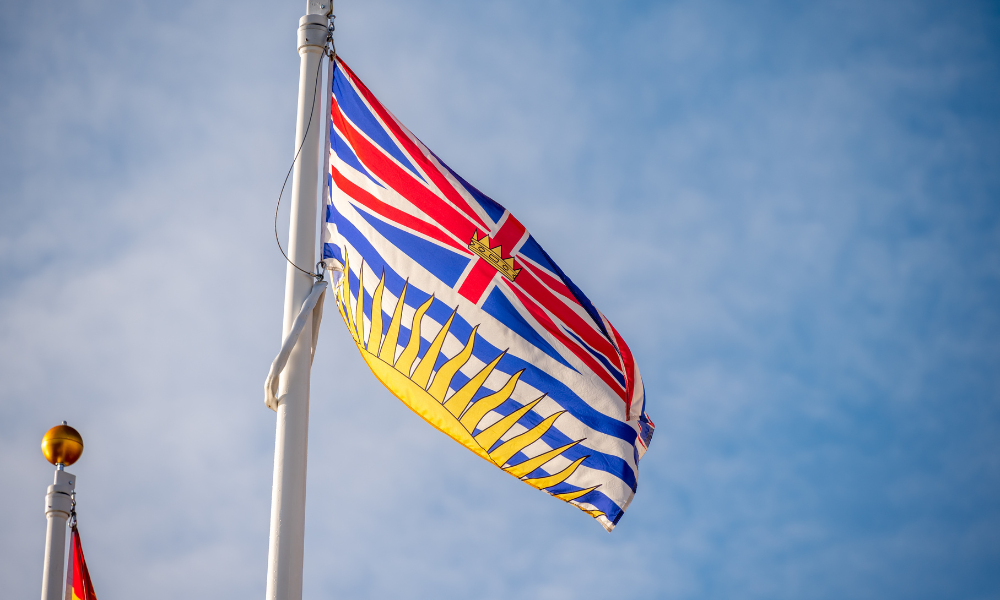
In British Columbia (BC), lawyers have more than just the courtroom to turn to — they also have a strong network of support through the various BC lawyers’ associations. These associations offer a unique space for legal professionals to network, learn, and grow together.
Here, we’ll briefly discuss each association, including some of the benefits they offer and how to become a member. Lawyers and other legal professionals who are seeking a community of their own can find this guide useful.
Below are some of the lawyers’ associations in BC whose membership are provincial-wide, or which are provincial chapters of national lawyers’ organizations:
We’ll discuss these BC lawyers’ associations below; you can also use the table of contents above to skip directly to any of them.

Suffice to say, membership to the LSBC is mandatory for all lawyers in BC. As the licensing and regulating authority of lawyers in the province for the public interest, it ensures that lawyers are competent and ethical in their practice of law.
For this main purpose, the LSBC is mandated, among others, to:
Aside from these, the LSBC is a repository of information for both the public (e.g. when looking for a lawyer) and the lawyers (e.g. to help in their practice). These resources are free and can be found on their website.
For instance, LSBC promotes ways that will improve your practice, such as having your own succession plan. Learn more about it in this video:
Looking for more lawyers’ associations? Our list of the different Canadian lawyers’ associations from coast to coast can be a useful resource.
Law students and articling students, after finishing law school in Canada, will be acquainted with the LSBC because of their admission program. This is a 1-year process, which includes the following components:
Lawyers from other provinces and territories who want to practice in BC will also have to go through a mobility agreement or transfer application process, whichever is applicable. As for foreign-trained lawyers, they must undergo the National Committee on Accreditation (NCA) process to practice law in BC.
Below is an overview of what will happen when a complaint against a lawyer is submitted to the LSBC:
Becoming a licensed lawyer and meeting ethical standards is not enough to maintain your practice in the province, as with other jurisdictions. You would also have to comply with the LSBC’s CPD requirement of having 12 hours of CPD hours every year.
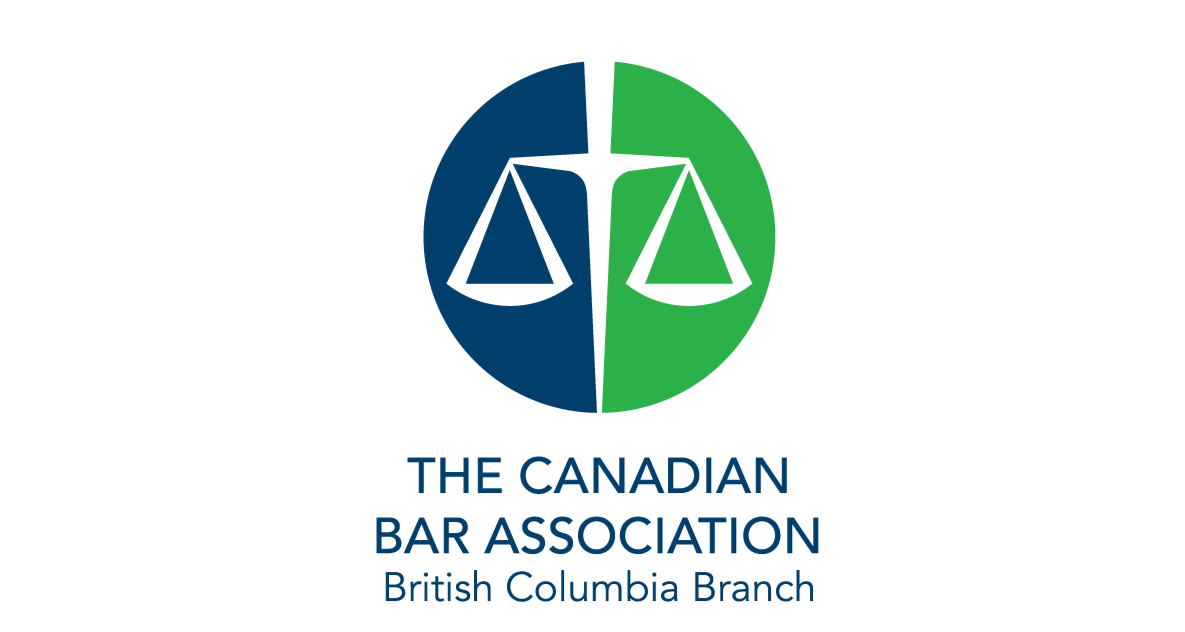
The CBABC is the provincial branch of the CBA, which is a national organization of lawyers in Canada. While membership with the LSBC is mandatory, the CBABC membership is optional. Some of the goals and functions of both associations may also overlap, including membership.
For the most part, the CBABC administers your membership benefits from the CBA. As one of the largest BC lawyers’ associations, it also complements the LSBC in the regulation of lawyers in BC.
The branch serves as the advocate and voice for member-lawyers in the province on issues that affect the legal profession. A manifestation of this is the frequent interventions by the CBABC on significant and important court cases.
There are several categories that you can choose from when applying to become a member of CBABC. These categories also determines the membership fees you’ll have to pay.
Regular: $773.85; practising lawyers, judges, and law professors
New Lawyers: $357.16; lawyers in their first three years of call to the bar
Scholar: $200.65; lawyers who are taking up a full-time graduate legal study
Associate: $432.44; in good standing with LSBC but not eligible for other categories
Part-Time: $395.33; if not working the full work week, and after applying for a part-time status with the LSBC
Non-Practicing: $395.33; after applying with the LSBC for non-practising membership
Retired: $432.44; for lawyers or judges who are 60 years old and above, or have been a member of good standing of LSBC for 20 years and retired already
Law School Students: $20; for students and NCA candidates who are enrolled in a Canadian law school, or Canadian citizens studying law abroad
Articling and Bar Admission Students: $200.65; for those who are completing the LSBC’s admission process
Law students in any BC law school can also join the CBABC, for which a lot of resources and programs are made available. Watch this video from the CBABC President 2024-25 for more information:
Want to get to know the top lawyers in the province and nearby jurisdictions? Head over to our Special Report on The Best Law Firms in BC, Alberta, and the Northern Territories

With the purpose of improving the legal aid system in the province, the A.L.L. is an association of BC lawyers that:
An adequately funded legal aid means that lawyers who provide legal services in this system are supported. This is to ensure the continuous servicing of those who need the services of Legal Aid BC.
Re-established in 2018, the A.L.L. accepts lawyers from different practice areas, including criminal, family, child protection, and immigration. Membership fees will depend on your years of call. Payment of these fees can also be made on an automatic renewal basis.
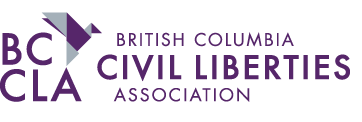
The BCCLA is provincial-wide association open not just for lawyers but also for those who work to “promote, defend, sustain, and extend civil liberties and human rights” in BC. With this purpose, the BCCLA engages in litigation, advocating for law and policy reforms, and other public education projects.
Becoming a member with the BCCLA can be under any of the following categories:
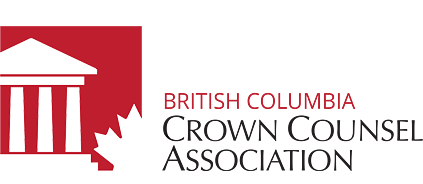
The BCCCA is a lawyers’ association that seeks to represent Crown counsels for collective bargaining purposes, improved employment conditions, and other benefits. Its purposes include uniting its numerous member-Crown lawyers.
Members of the BCCCA are those working for the BC Prosecution Service (BCPS), including the other Crown counsels across the province. The BCCCA serves as the sole bargaining agent for its members.
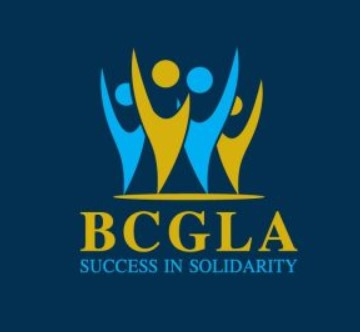
If the BCCCA is the sole bargaining agent of the Crown prosecutors in BC, the BCGLA is its counterpart for government civil lawyers. At the same time, the BCGLA also promotes unity and cooperation among its members and represents them in matters of professional interest.
Both BCCCA and BCGLA are members of the Canadian Association of Crown Counsel (CACC-ACJE). This umbrella organization represents the interests of both Crown prosecutors and Crown lawyers across the country.
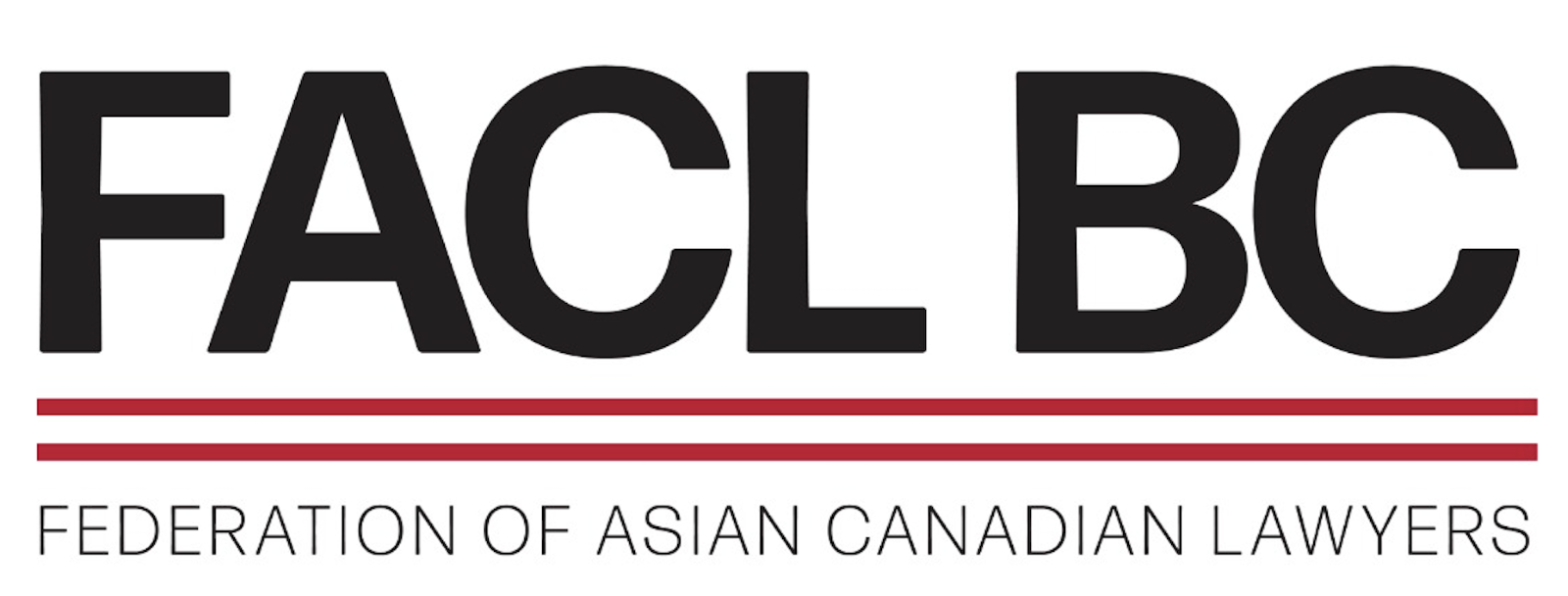
If you’re an Asian-Canadian legal professional or law student in BC, then FACL BC is the organization for you. Aside from being a lawyers’ association in BC, members of the FACL BC include judges, partners, associates, in-house counsel, academics, and law students.
As the provincial branch of the national FACL, it hosts several events for its members’ socialization and professional development. It also offers membership discounts. It even has its own podcast, which features its diverse and unique members.
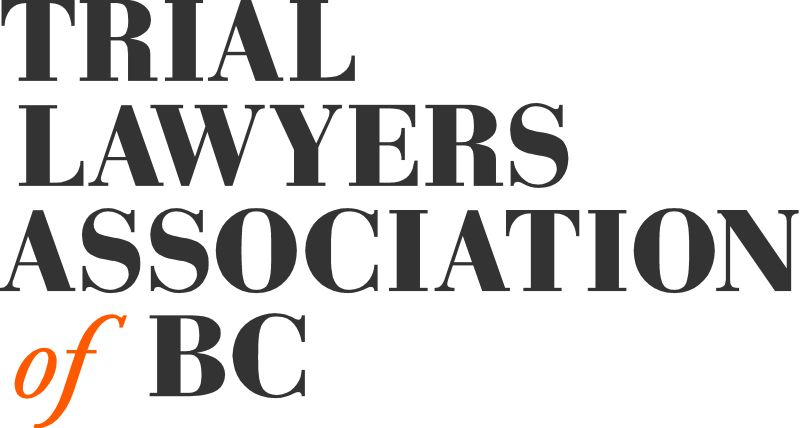
Just as its name suggests, the TLABC is a BC lawyers’ association for trial lawyers in the province, whether in civil or criminal cases. Its regular members are those who act for the plaintiff in civil cases or for the defense in criminal cases, and vice versa for its associate members.
You can learn more about this lawyers’ association in BC with our article on everything you need to know about the TLABC.
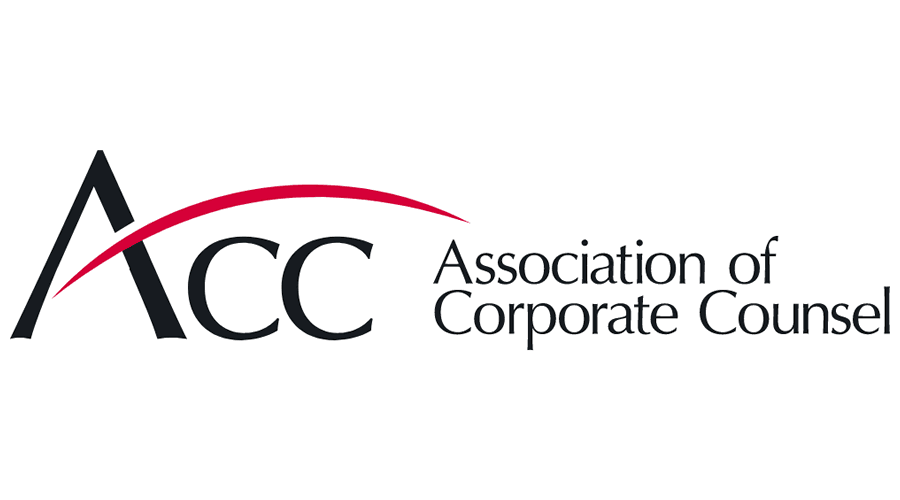 Although the ACC is a US-based organization, it has established several branches in Canada, which include the ACC BC. Corporate in-house counsels across the province can join the ACC BC. Membership can be as an individual, corporate, in-transition, or retired.
Although the ACC is a US-based organization, it has established several branches in Canada, which include the ACC BC. Corporate in-house counsels across the province can join the ACC BC. Membership can be as an individual, corporate, in-transition, or retired.
Being a member of the ACC BC connects you not just to other in-house counsels in the country, but also globally. Membership benefits include access to CPD programs, member directories, and many events for networking and learning.
Aside from the membership-based lawyers’ associations in BC, there are other legal organizations that you may want to learn about. These include groups whose work is still related to the justice system, and organizations for other legal professionals and non-lawyers. Here are some of them:
Access to Justice BC (A2JBC): a network of individuals, such as lawyers in BC, and organizations that advocate for the ‘user-centred approach’ to help in the systemic problems on the public’s access to justice
Access Pro Bono: an organization that runs a free lawyer referral service, where lawyers and other legal professionals can volunteer for
BC Law Institute (BCLI): a Vancouver-based law reform agency, which engages in research and analysis of existing laws for law reforms
BC Legal Management Association (BCLMA): a group for representatives of law firms and legal departments of companies that seeks to improve their leadership skills through educational sessions, conferences, and social events
The Law Foundation of BC: a non-profit foundation that receives funds and invests them in organizations, associations, and other initiatives involving legal education, legal research, legal aid, and law reform, including law libraries
Lawyers Assistance Program of BC (LAPBC): a program where lawyers can receive confidential outreach, education, and support (e.g. confidential counselling and peer support) to help deal with their personal problems
Legal Aid BC: the government arm that provides pro bono legal services to British Columbians who cannot afford the services of a lawyer, subject to certain qualifications
Aside from those operating at the provincial level, below are some of the local lawyers’ associations in BC:
Whether you’re seeking advice, training, or simply a community, you have these BC lawyers’ associations to rely on. From offering resources to fostering community, these associations can help you thrive both in and out of the courtroom. More importantly, these groups unite the different legal professionals in the province, ensuring their representation and for a better justice system for British Columbians.
Check out our Professional Regulation page to read more about these BC lawyers’ associations or other groups from the other provinces and practice areas.